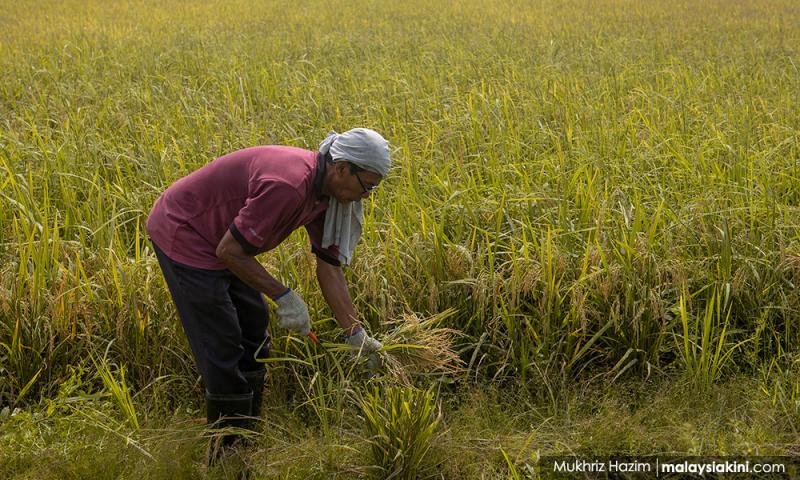LETTER | Malaysia needs agriculture soil revitalisation policy
LETTER | Food shortage, floods, climate change, migration, world hunger and civil strife are haunting the global headlines.
People search for answers above and around, forgetting to look under their feet – the soil.
The four-letter-word that is not offensive but has been abused, totally taken for granted for generations, "raped" repeatedly and shoved into the blindspot of world organisations hunting for solutions for global socio-economic-health issues. It is time for the S-O-I-L to be treated right, right here and from now on.
The global Save Soil movement, which began on March 21, 2022, has brought attention to the urgent need to address the lack of organic content in soil globally as well as in this nation. This movement has touched many leaders of nations through letters from their own citizens as well as from the global population in support of the enaction of policy to increase soil organic content in every country.
There is an urgent need to enact soil policy to increase agriculture soil organic content. The Soil Use and Management, 2008 states that 53 percent of Malaysia's soil had degraded between 1981 and 2003.
Malaysian soil organic content is less than the minimum amount required, which is three percent to six percent. Increasing the organic content is not expensive. Testing the organic content takes only minutes and is cheap. Malaysia even has agricultural experts who can play a significant role in the enaction of soil policy.
The responsibility of increasing soil organic content cannot be left totally to farmers. There has to be a national policy to ensure enforcement through incentives for farmers e.g. bank loan flexibilities, labelling of organic content in agricultural produce, etc.
Consumers expect their fruits and vegetables to carry labels of the kind of soil they were grown from and the organic content of the soil.
Revitalising soil has to happen now. Otherwise, it will take more than 100 years if remedial actions are started later on.
The benefits of increasing soil organic content include more agriculture production, increased nutritional value in agricultural produce, less usage of water and nil to reduced dependency on chemical fertilisers.
According to the International Union for Conservation of Nature (IUCN 2020), increasing soil organic carbon by just 0.4 percent would increase major food crops by 20-40 percent. The revitalisation of soil can encourage more people to go into the agricultural sectors, prevent farmer suicides, reduce the import of food, increase agriculture export, increase biodiversity, prevent floods, improve climate change effects, address world hunger, etc.
The leaders of Asean are yet to make giant steps in addressing soil degradation. Asean needs to be proactive in addressing issues independently instead of waiting for larger nations or Western nations to set the track or initiate policies.
The nation's soil is running out of time, which means the people and their children are short of time too. As a Malaysian, my general election vote will depend strongly on leaders who support and play a role in enacting a soil policy for the nation as soon as possible.
The sooner Malaysian leaders and the people act, the earlier we get to reap the benefits and prevent a national disaster which is just around the corner. The beauty of soil is not in its independence alone but in its integrity and richness as well. Soil and its people are not different. People are a reflection of the soil.
I appeal to the leaders, the soil experts and the people to save soil by voicing and showing their support as their elected representatives enact a national policy to increase soil organic content and address soil degradation.
The views expressed here are those of the author/contributor and do not necessarily represent the views of Malaysiakini.
RM12.50 / month
- Unlimited access to award-winning journalism
- Comment and share your opinions on all our articles
- Gift interesting stories to your friends
- Tax deductable
